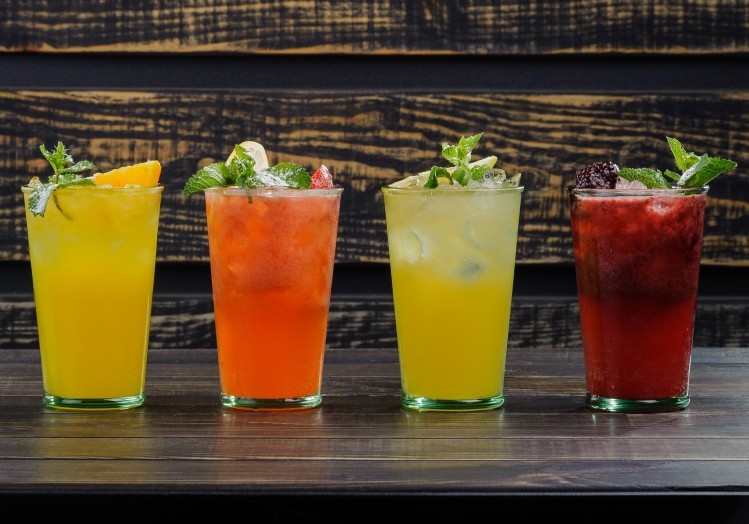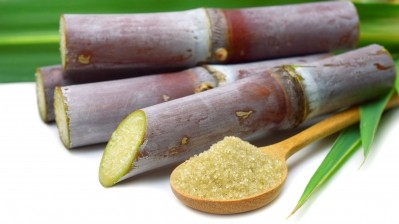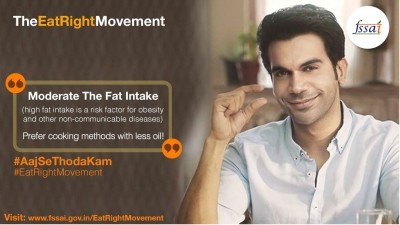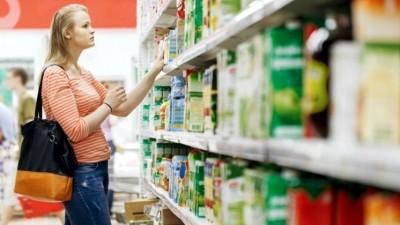Improving health or an insult to intelligence? Views divided over Queensland hospitals' 'junk food' ban

The state government has moved to introduce uniform guidelines across the region, after some hospitals implemented measures of their own.
Health minister Steven Miles said the new nutritional standards guidelines, which would restrict the sale of high-sugar items in vending machines and canteens would be ready by the end of the year.
Restrictions will also be put in place over product advertising near sports grounds, schools and public transport hubs.
"Our public health facilities can lead by example.
"By the end of the year, we'll have a set of nationally agreed standards for healthier food and drink choices in public health care facilities.
"I want to see these standards phase-out sugary drinks and junk food."
He added 25% of Queensland kids were obese or overweight.
"This change will also ensure Australia's food industry will be subject to consistent guidelines," he added.
"Frankly, the number of obese children will continue to rise if governments across the country don't take significant action to combat the obesity crisis."
Generation gains
The move was welcomed by Cancer Council Queensland CEO Chris McMillan, who commended the government for taking active measures to reduce the burden of obesity across the state.
“With one quarter of Queensland children overweight or obese, strategies like this will help to improve the health of the next generation,” Ms McMillan said.
“We commend the Queensland Government on this landmark move to help limit the sale of sugary drinks and junk food across the state to tackle obesity.
“Sugar-sweetened beverages in particular are a major source of sugar in the Australian diet. Young Australians are the highest consumers of sugar-sweetened beverages, along with Aboriginal and Torres Strait Islander people and socially disadvantaged groups.
“We know that these beverages have little or no nutritional value, provide excess energy, and lead to weight gain."
However, the Australian Beverage Council said it had not been consulted on the plans, and accused officials of failing to trust consumers to make informed decisions.
“It must be insulting for visitors to Queensland hospitals and staff of Queensland hospitals that the Government doesn't trust them to make their own decisions around what they eat or drink,” CEO Geoff Parker told local media.











